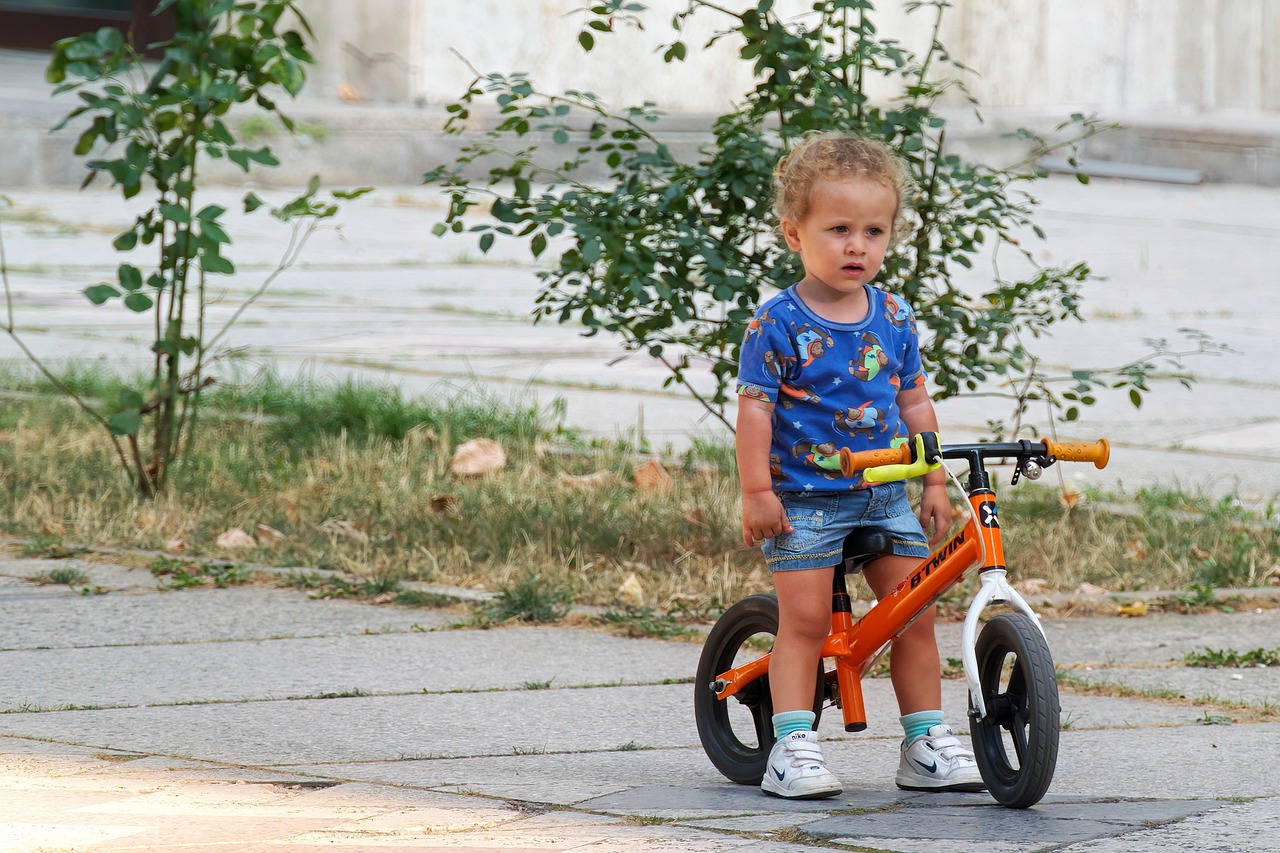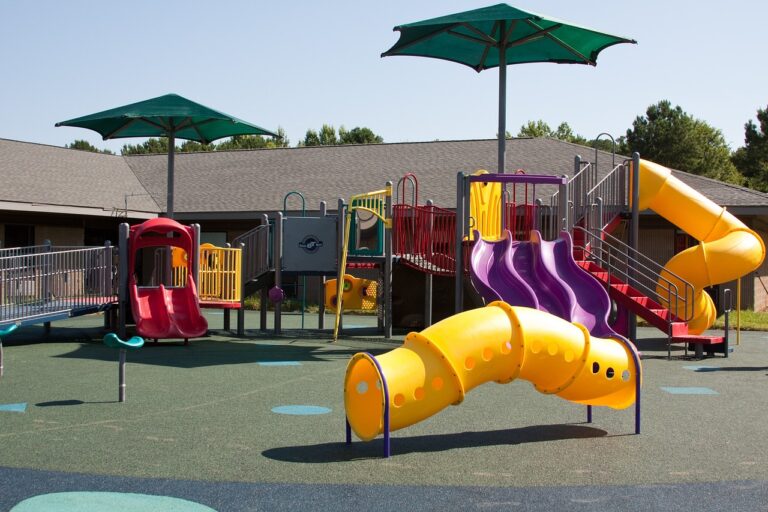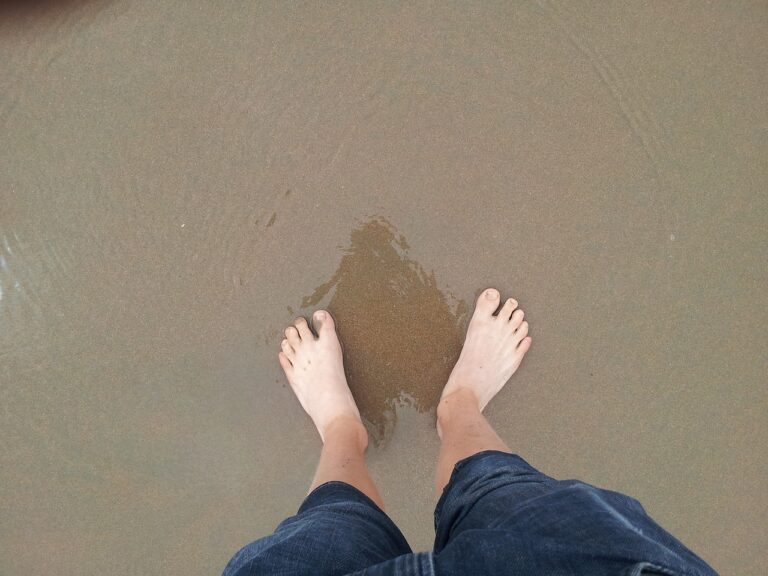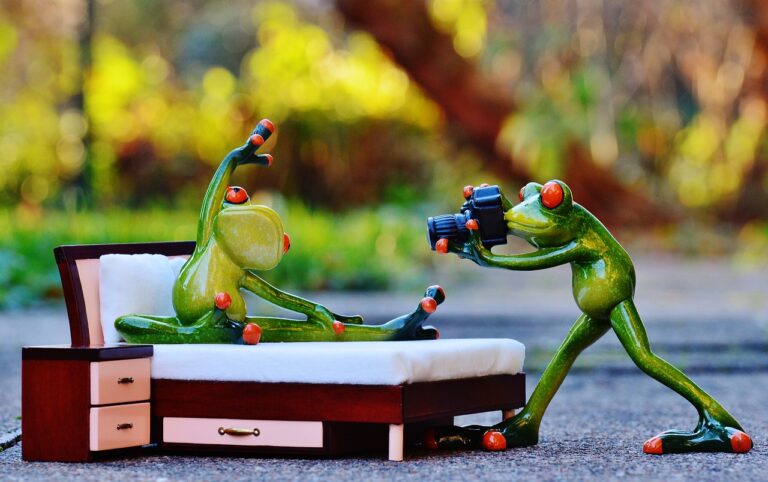Busking and Music Therapy: Healing Through Artistic Expression
silverexch.com, goldenexchange, betbook247.com: When it comes to healing, music has the power to soothe the soul and lift our spirits in ways that words alone cannot. Busking, the act of performing music on the streets for passersby, and music therapy, a form of therapy that uses music to address physical, emotional, cognitive, and social needs of individuals, are two powerful ways in which artistic expression can promote healing and well-being.
Busking is a centuries-old tradition that has been used as a means of healing and self-expression. Musicians take to the streets to perform for strangers, using their music to connect with others and evoke emotions. Busking allows for an intimate and direct connection between musician and listener, creating a unique and personal experience that can be transformative for both parties.
Music therapy, on the other hand, is a more structured form of healing through music. Trained music therapists work with individuals to address specific needs, such as improving motor skills, reducing stress, or enhancing communication skills. Music therapy can be used with people of all ages and abilities, from children with autism to older adults with Alzheimer’s disease.
Both busking and music therapy offer unique ways to use music as a tool for healing. Through artistic expression, individuals can find solace, comfort, and joy in the power of music.
Busking and Music Therapy: Healing Through Artistic Expression
The Healing Power of Music
Music has long been recognized for its healing properties. Whether it’s the soothing strains of a lullaby or the energizing beat of a dance tune, music has the ability to evoke emotions, calm the mind, and lift the spirits. When we listen to music, our brains release dopamine, a feel-good chemical that can reduce stress, increase feelings of pleasure, and improve mood.
Benefits of Busking
Busking offers a unique opportunity for musicians to connect with their audience in a raw and authentic way. By performing on the streets, musicians can reach a diverse range of people, creating a sense of community and shared experience. Busking can also be a way for musicians to express themselves creatively, try out new material, and hone their skills.
Benefits of Music Therapy
Music therapy is a structured form of therapy that can be tailored to address specific needs. Whether it’s using drumming to improve motor skills, singing to enhance communication, or listening to music to reduce anxiety, music therapy offers a wide range of benefits. Music therapists work closely with their clients to create personalized treatment plans that can help improve physical, emotional, and cognitive well-being.
The Intersection of Busking and Music Therapy
While busking and music therapy may seem like very different practices, they both share a common goal: to use music as a tool for healing. Busking allows musicians to share their music with the world, creating moments of connection and joy. Music therapy, on the other hand, uses music in a more clinical setting to address specific needs and promote healing.
FAQs
Q: Can anyone become a busker?
A: Yes, anyone can become a busker! All you need is a love of music and a willingness to share your talent with others.
Q: Is music therapy only for people with musical talent?
A: No, music therapy is for everyone! You don’t need to be a skilled musician to benefit from music therapy. Trained music therapists can work with individuals of all abilities and levels of musical experience.
Q: How can I find a music therapist in my area?
A: You can search online for music therapists in your area or ask your healthcare provider for a referral.
In conclusion, both busking and music therapy offer unique ways to harness the healing power of music. Whether you’re a musician looking to connect with others through your music or someone seeking to address specific needs through music therapy, artistic expression can be a powerful tool for promoting healing and well-being.







